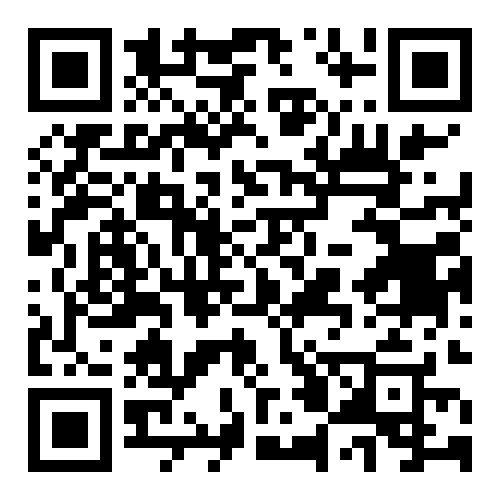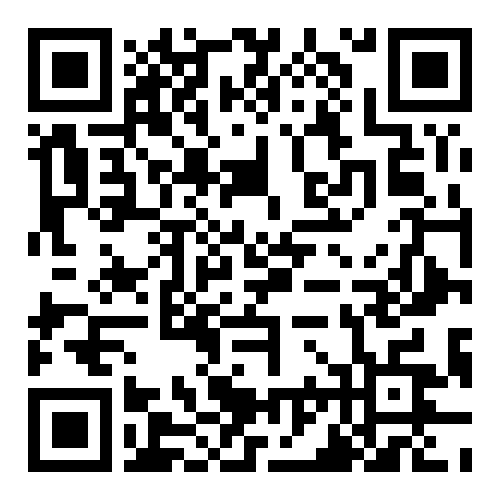Exam
Get access to the latest exam updates, expert guidance, and high-quality preparation resources for UPSC exam — all in one place. Stay ahead with real-time notifications, detailed syllabus, and strategic tips.

Your Step-by-Step Guide to Prelims, Mains & Interview Success
The UPSC Civil Services Examination is widely regarded as one of the most competitive and challenging assessments in India. It serves as the gateway to a career in the nation’s premier administrative, police, and diplomatic services. This step-by-step guide provides an in-depth, research-backed analysis of the exam’s three key stages—Prelims, Mains, and Interview—through a problem-solution framework. We identify common challenges faced by aspirants and educators and offer practical strategies to overcome them. In addition, we introduce our innovative mobile app that supports UPSC preparation with 14,000 flashcards, a bank of 10,000 questions, previous year papers, a daily hunt quiz, leaderboard, and detailed analytics.
Introduction

Prelims
An objective screening test designed to evaluate general awareness and aptitude.

Mains
A comprehensive, descriptive examination that tests depth of knowledge, analytical abilities, and answer-writing skills.

Interview
A personality test assessing communication skills, current affairs awareness, and overall suitability for public service.
Each stage presents unique challenges—from understanding an extensive syllabus and managing time to handling exam stress and building self-confidence for the interview. Our analysis adopts a problem-solution style to help aspirants and educators address these hurdles effectively.
Detailed Analysis of Exam Stages
Prelims: The Screening Challenge
Structure & Key Components:
- General Studies Paper I: 100 questions, 200 marks; covers topics such as history, geography, polity, economy, environment, and current affairs.
- CSAT (General Studies Paper II): 80 questions, 200 marks; tests comprehension, logical reasoning, quantitative aptitude, and decision-making skills. (Note: CSAT is qualifying in nature, requiring a minimum score of 33%.)
Common Challenges:
- Syllabus Comprehension: The breadth of topics can be overwhelming.
- Time Management: Balancing time between reading, practicing, and revising is critical.
- Negative Marking: Incorrect answers incur penalties (approximately 0.66 marks per wrong answer in GS and 0.83 in CSAT), which can significantly affect scores.
Research-Backed Solutions:
- Strategic Study Plans: Break down the syllabus into manageable segments. Research shows that a structured study schedule improves retention and reduces anxiety.
- Spaced Repetition Techniques: Our mobile app’s 14,000 flashcards with spaced repetition help consolidate knowledge by reinforcing learning at optimal intervals.
- Timed Practice Tests: Regular mock tests simulate exam conditions and help improve time management. Prioritize accuracy to mitigate negative marking.
- Focused Revision: Utilize our bank of 10,000 questions and previous year papers to identify common question patterns and frequently tested topics.
Mains: The Descriptive Deep-Dive
Structure & Key Components:
- Qualifying Papers: Two language papers (Indian Language and English) – each 300 marks.
- Merit-Based Papers: Essay (250 marks), four general studies papers (each 250 marks), and two optional subject papers (each 250 marks) — for a total of 1750 marks.
Common Challenges:
- Vast Syllabus: In-depth coverage of diverse subjects requires comprehensive study.
- Answer-Writing Skills: The descriptive nature demands clarity, structure, and critical analysis.
- Stress Management: The pressure to perform over multiple days can lead to burnout.
Research-Backed Solutions:
- Focused Answer Writing Practice: Consistent practice of structured, time-bound answer writing develops clarity and coherence. Peer reviews and mentor feedback are crucial in refining skills.
- Resource Integration: Leverage our mobile app’s repository of previous year papers and extensive Q-bank to practice and benchmark answers.
- Conceptual Clarity: Use our flashcards to review key concepts and link them with real-life applications. Studies have consistently shown that spaced repetition boosts long-term retention.
- Stress Relief Strategies: Incorporate mindfulness and short breaks into your study routine. Regular exercise and proper sleep are scientifically proven to enhance cognitive performance during prolonged study sessions.
Interview: The Personality Test
Structure & Key Components:
- Format: Typically 20–30 minutes of structured conversation with an expert panel.
- Focus Areas: Evaluation of communication skills, current affairs knowledge, clarity of thought, ethical values, and overall personality.
Common Challenges:
- Nervousness: Anxiety and stage fright can hinder confident communication.
- Lack of Clarity: Difficulty in articulating opinions and linking personal experiences to public service.
- Developing a Well-Rounded Personality: Ensuring that your personal narrative aligns with the qualities expected of a civil servant.
Research-Backed Solutions:
- Mock Interviews & Role-Play: Regularly participate in mock interviews to build confidence and improve body language. Feedback from mentors can pinpoint areas for improvement.
- Comprehensive DAF Preparation: Know your Detailed Application Form (DAF) thoroughly, as questions often stem from it. Prepare clear, concise stories about your background, achievements, and aspirations.
- Current Affairs Integration: Stay updated with current events through our daily hunt quiz, which offers daily MCQs on current affairs to keep you well-informed and agile in discussions.
- Communication Workshops: Engage in sessions that enhance verbal and non-verbal communication. clarity of speech and a confident tone are critical; practicing with peers or using our analytics feature on the app can track improvements over time.
Join Thousands Achieving UPSC Success
⭐⭐⭐⭐⭐ reviews on Google Play and App Store




